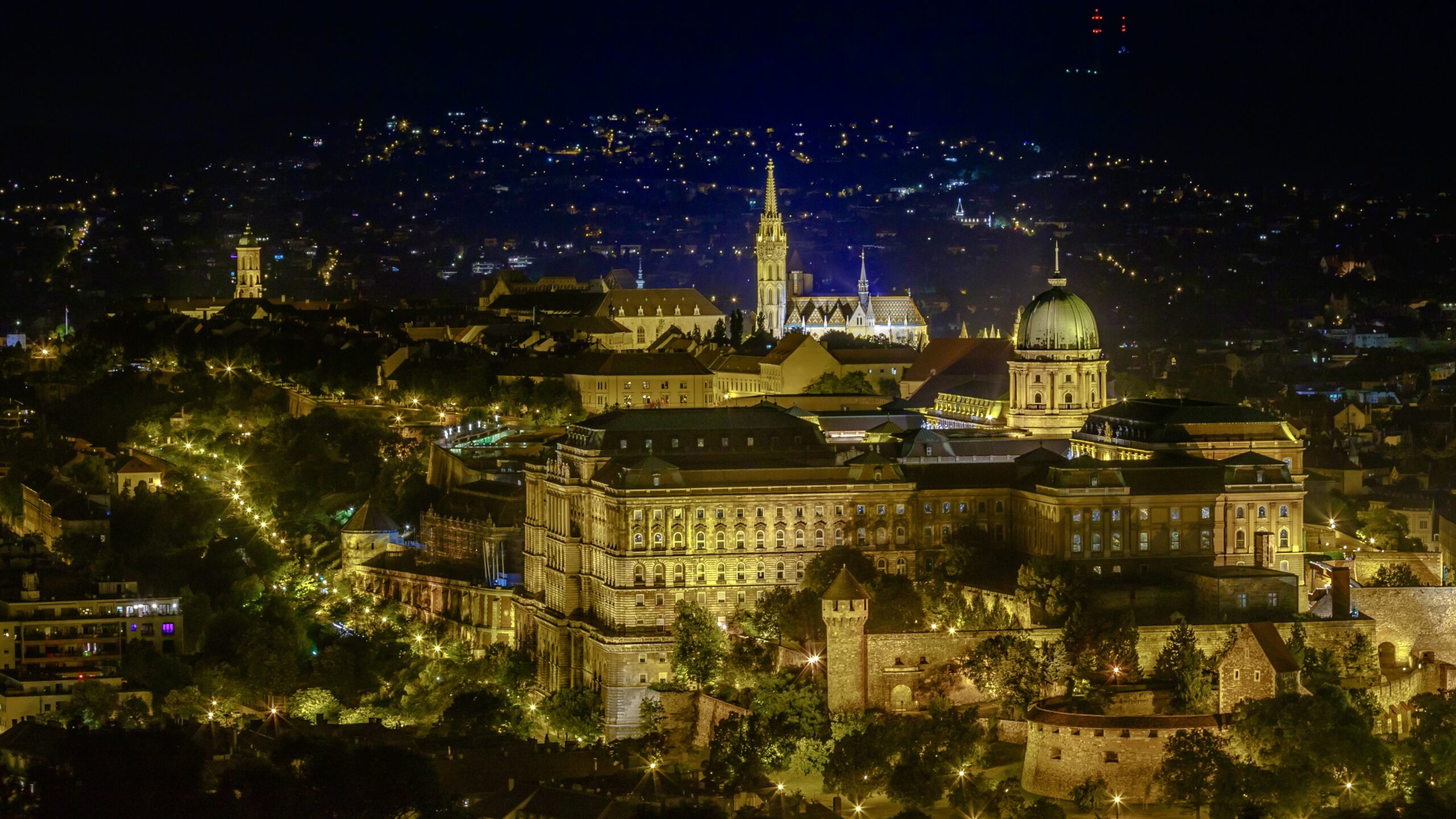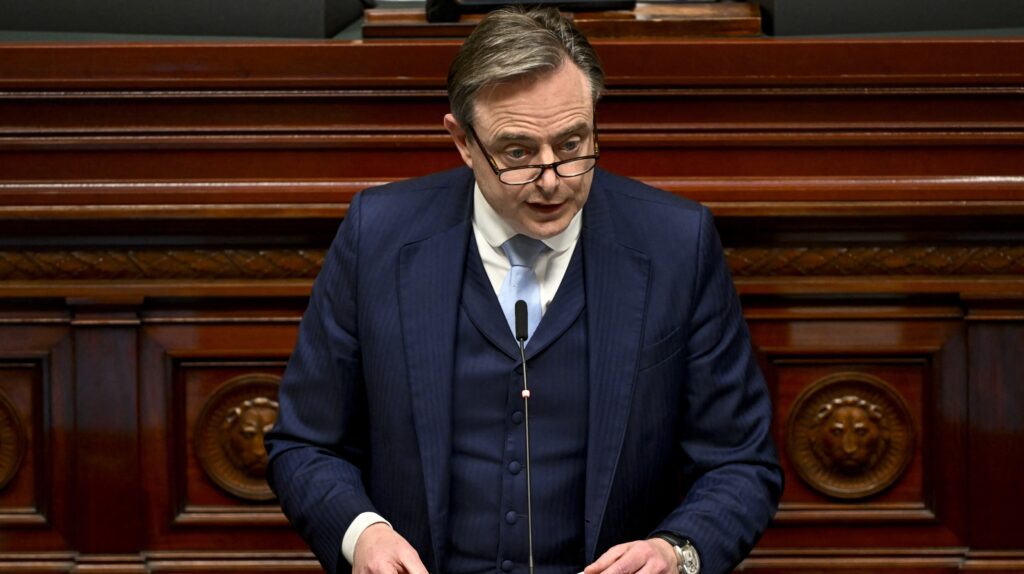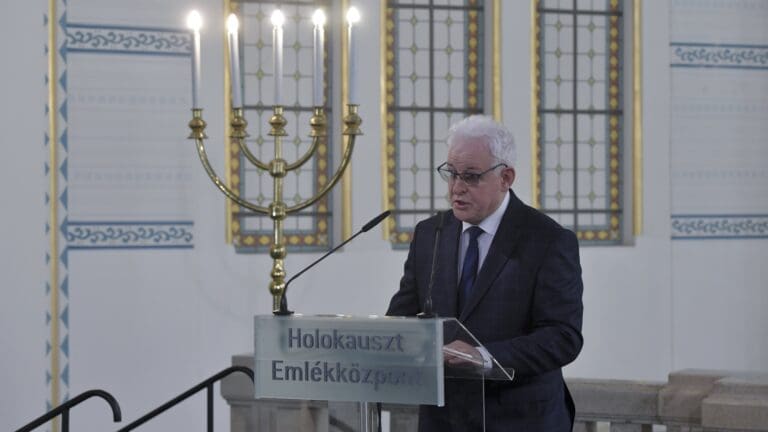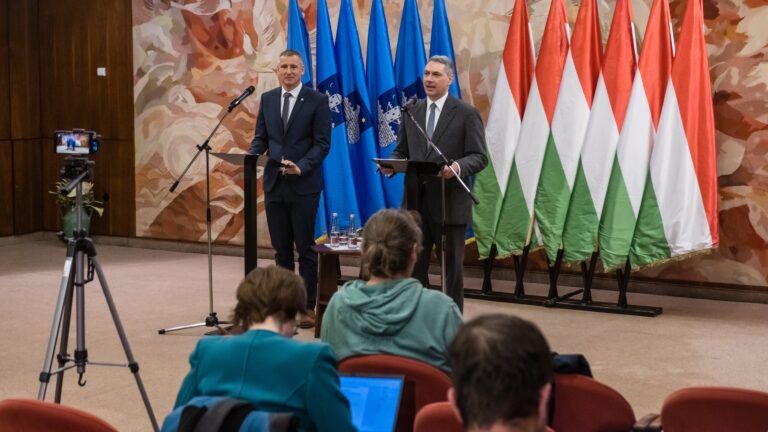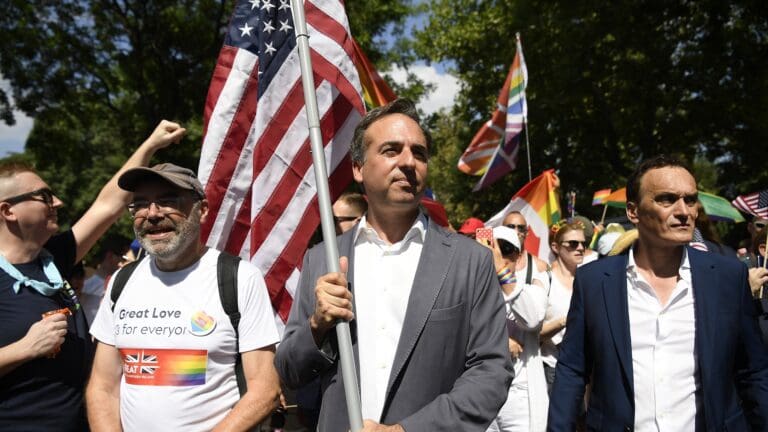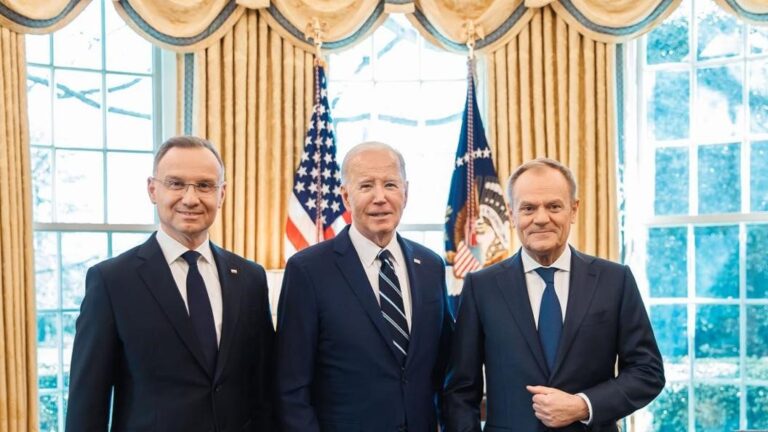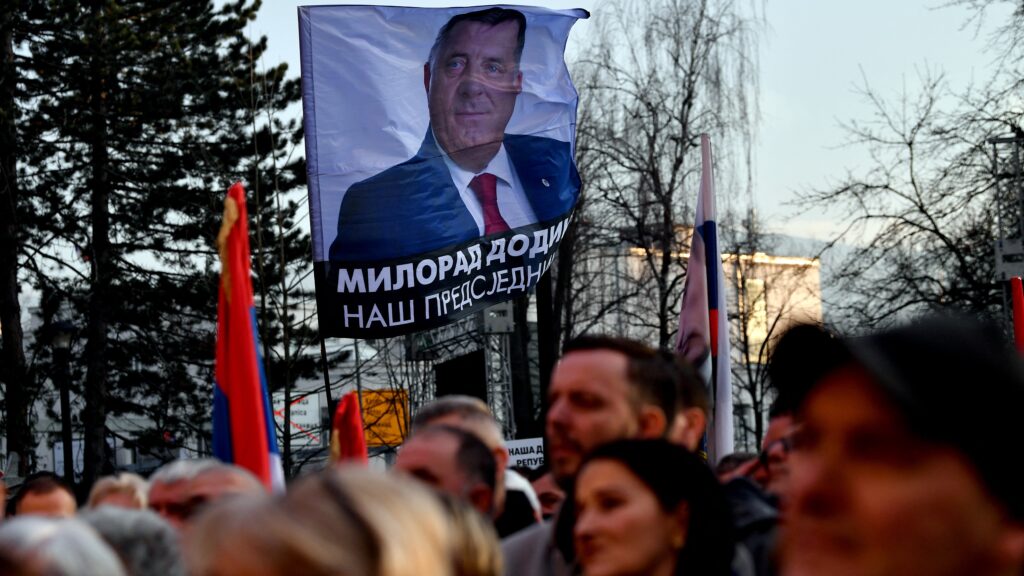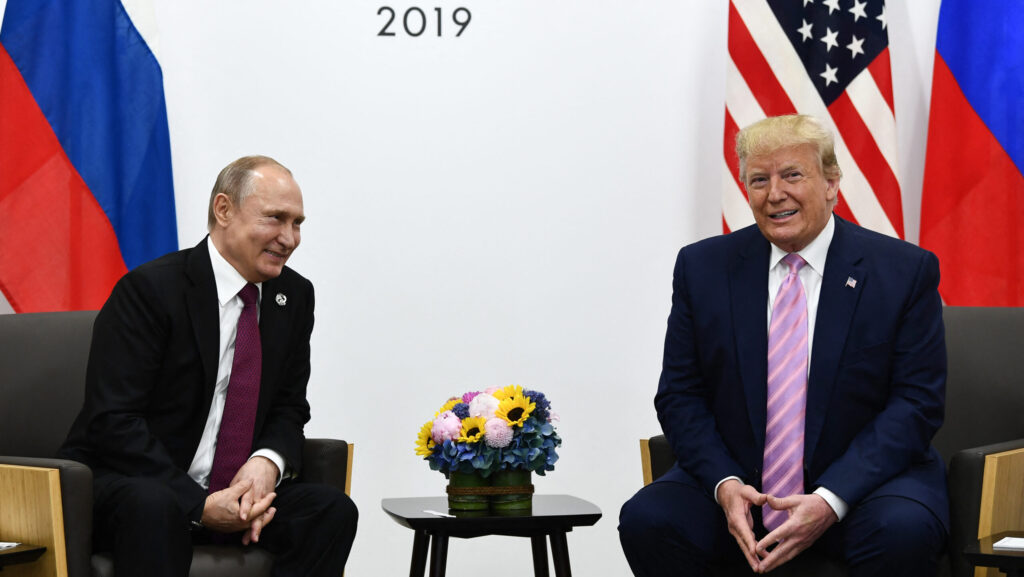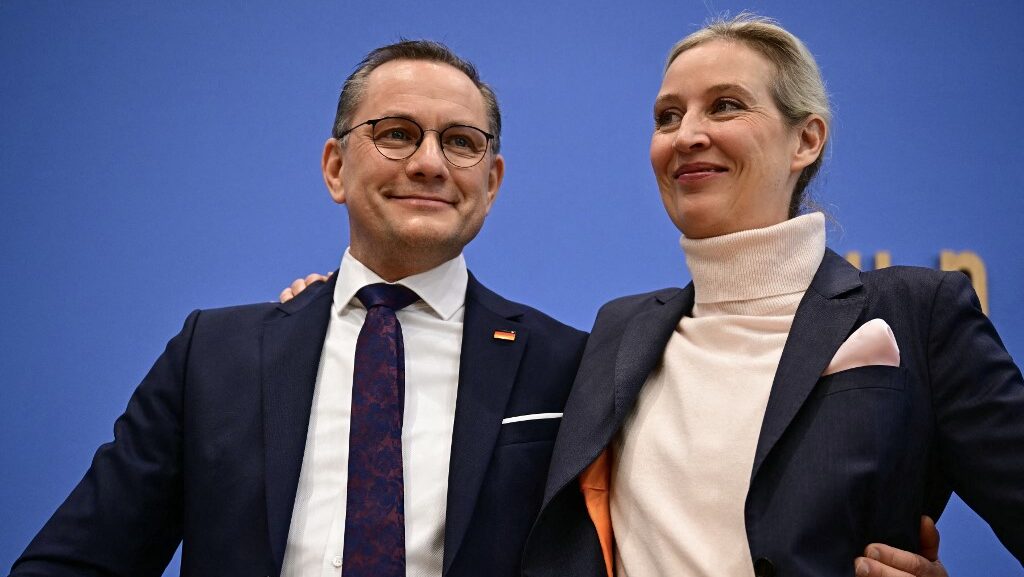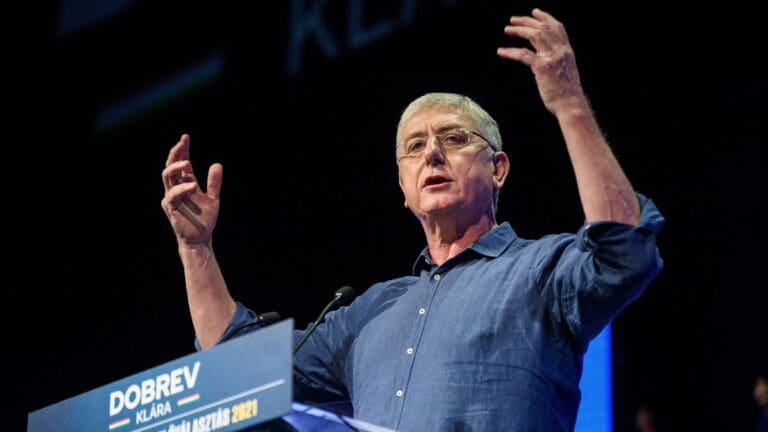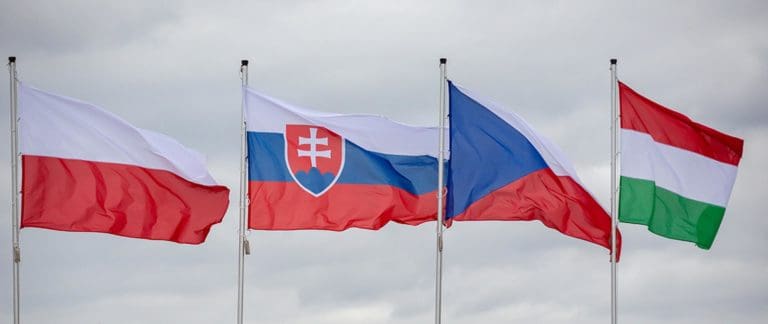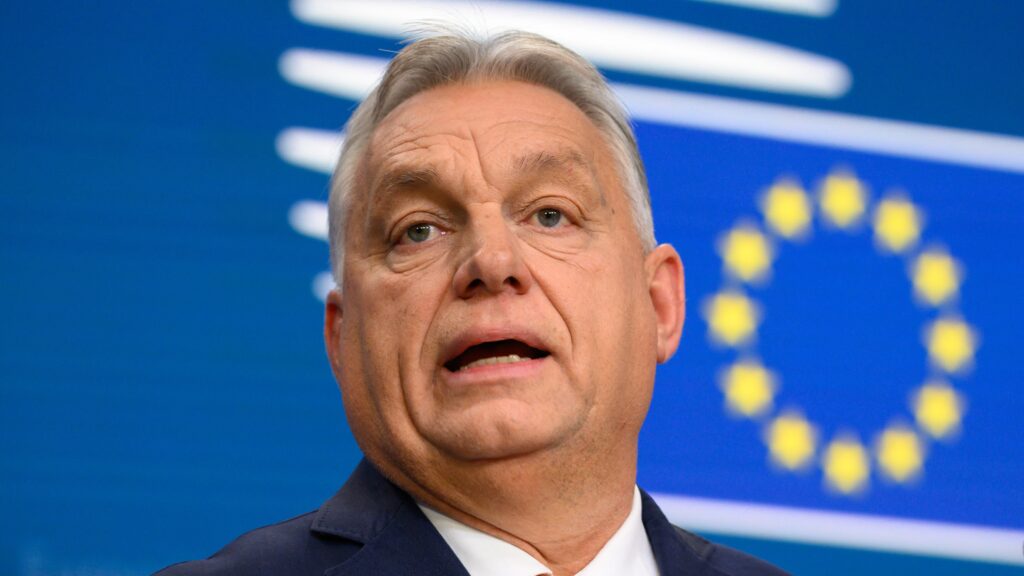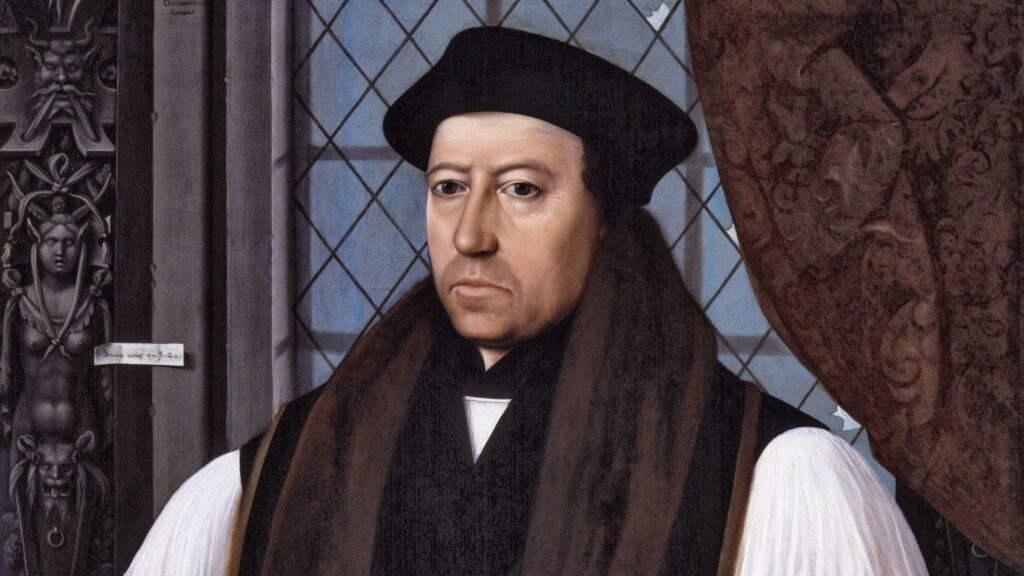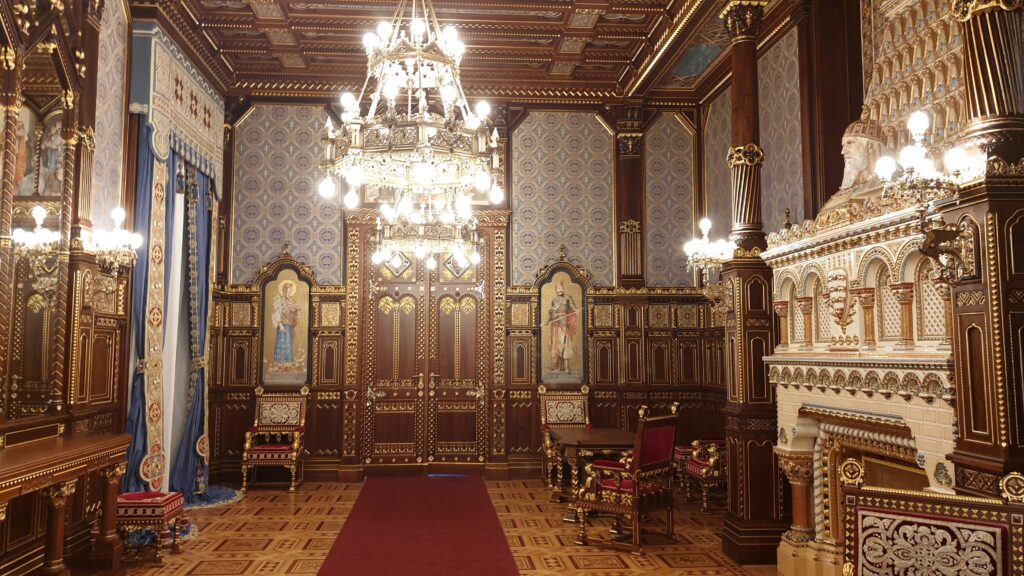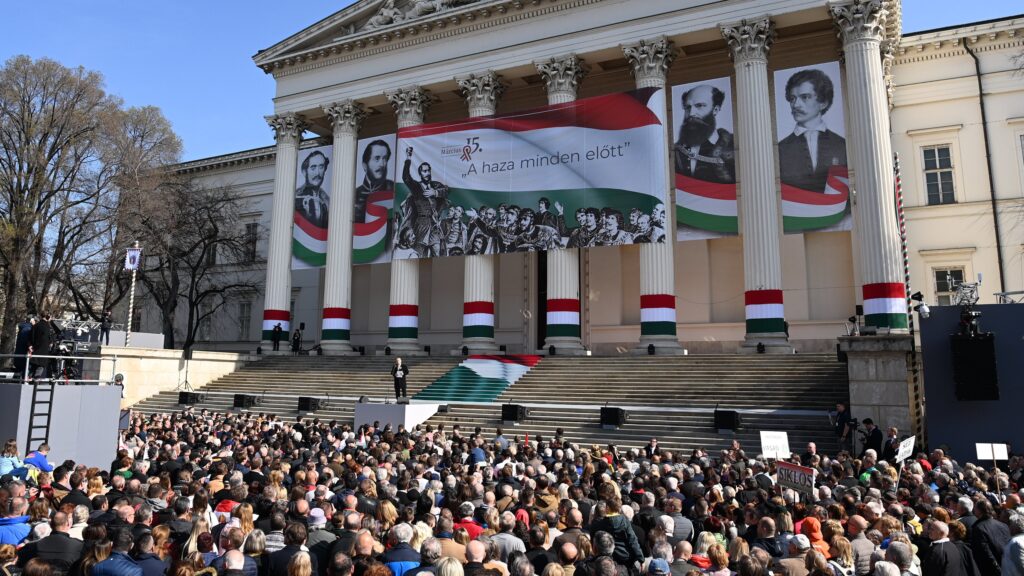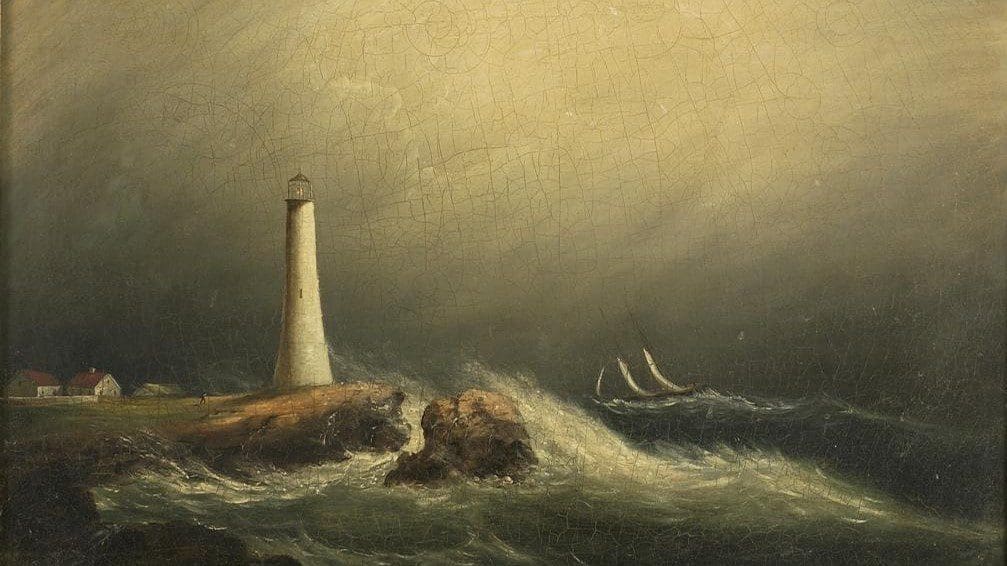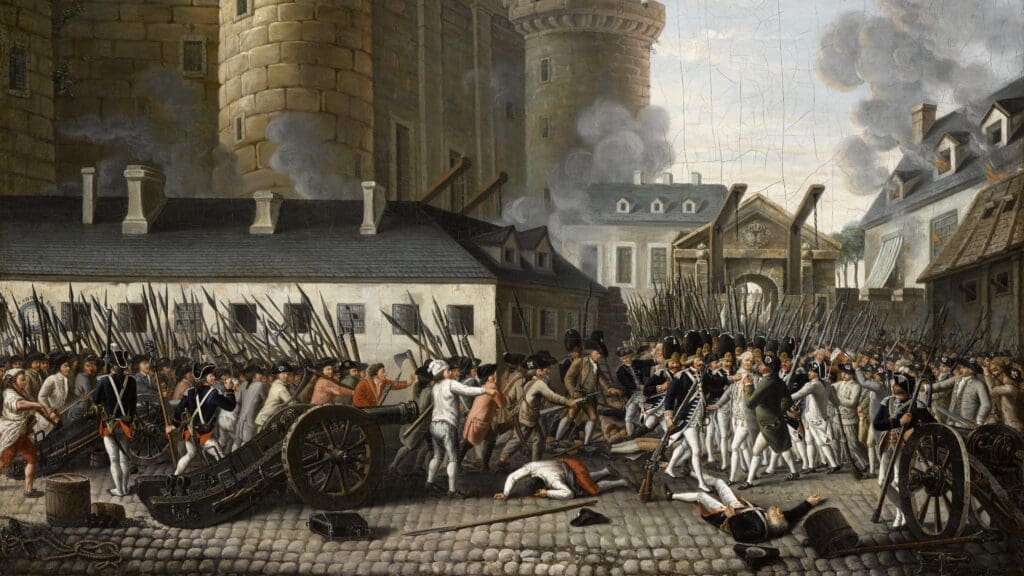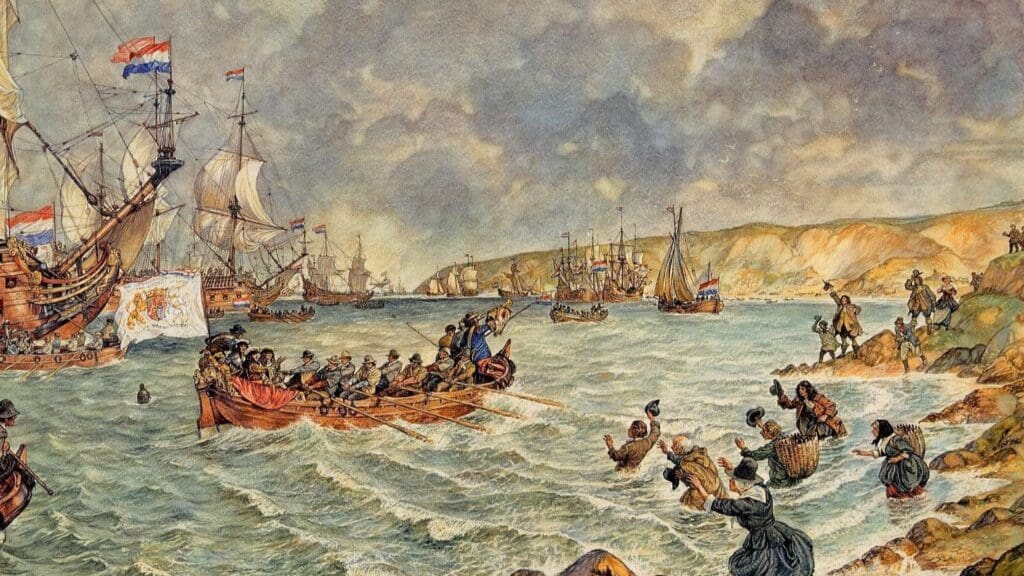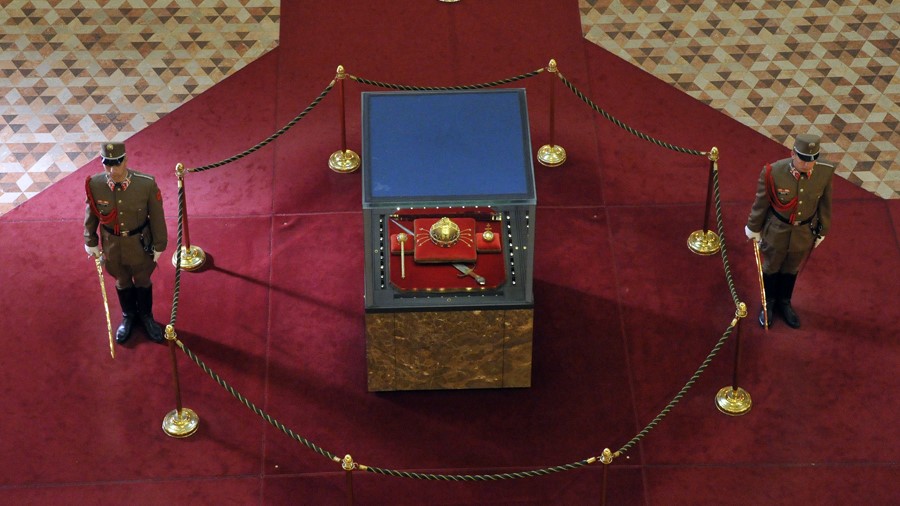
China, the West, and the Global Culture War
‘Debates connected to the culture war, including even on such amorphous issues as the West’s slide into spiritual nihilism or the loss of its inner will, are directly relevant to international politics and even international security. Western strategic thinkers must take these issues into account just as analysts in Beijing or Moscow do. To do otherwise would be a potentially dangerous mistake.’
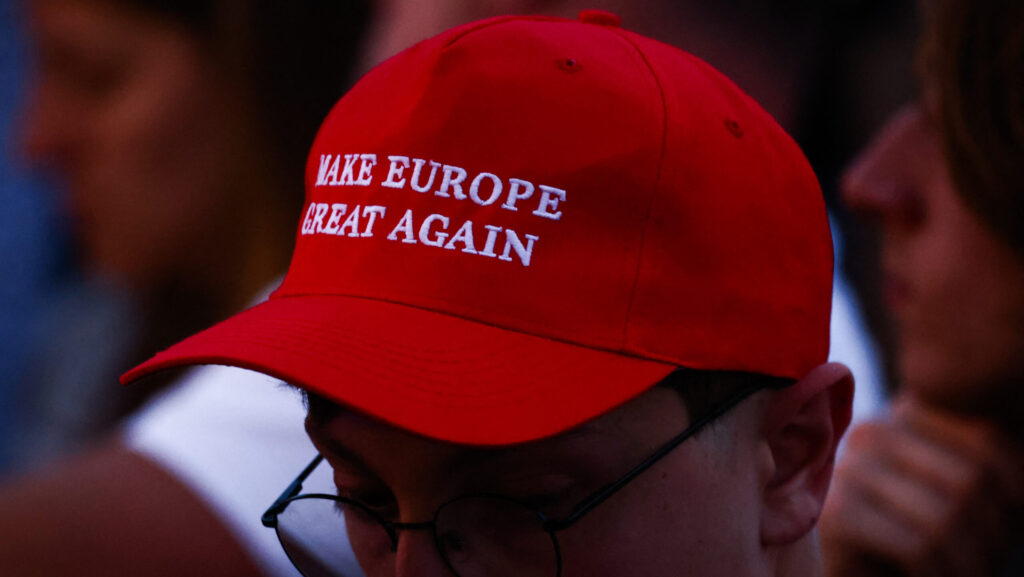
The Time Has Come for MEGA to Rise
‘Across the Atlantic, MAGA eagerly awaits the rise of MEGA, seeing in the European right a responsible and reasonable partner—unlike those who have cooperated with and been funded by the globalist elite. There will likely never be a better moment for MEGA to emerge.’

The Brutalist Snubbed at Oscars, Anora Awarded Best Picture
The Brutalist, the film about a Jewish Hungarian artist who flees to the US from the Holocaust, did not win Best Picture at the 2025 Oscars, as most Hungarian people most likely would have liked to see. Instead, Anora, a film about a Russian American stripper was awarded in the category. However, Adrien Brody playing the Hungarian protagonist in The Brutalist won the Best Actor award.
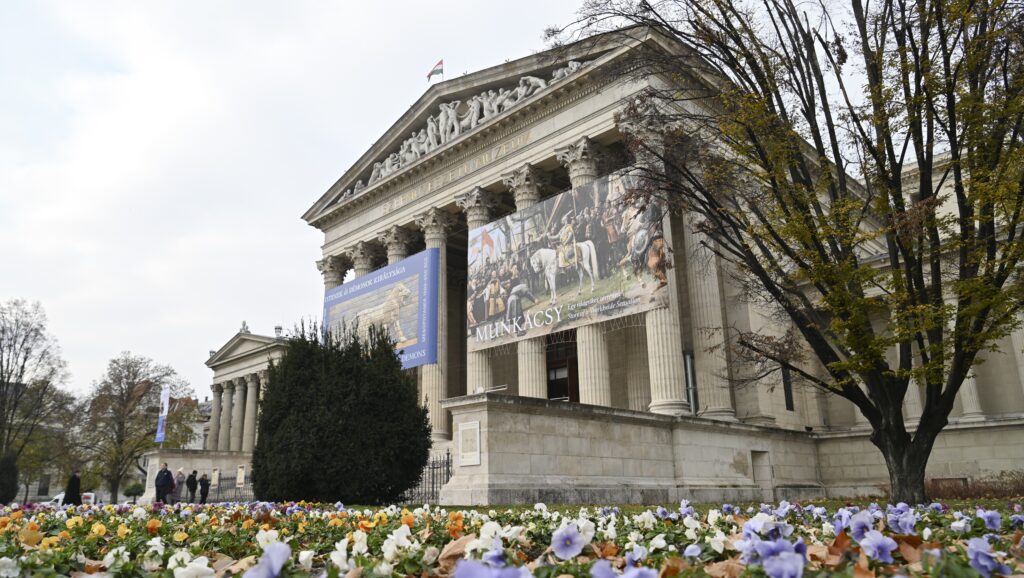
Where the Past Meets the Future — New Exhibitions at the Hungarian National Gallery and the Museum of Fine Arts
In 2025 the Museum of Fine Arts and the Hungarian National Gallery will present a rich programme of exhibitions, including world-famous artefacts and works by renowned artists. The Director General of the Museum of Fine Arts stressed that the museum continues to be among the 100 most visited institutions in the world, with around 800,000 visitors in 2024.

Shiri, Ariel and Kfir, We Will Never Forget You
‘Although Hamas claimed that Ariel and Kfir were killed in an Israeli airstrike, the IDF revealed that the two little boys did not die of malnutrition and were apparently murdered. Ben Shapiro highlighted in his opinion article: “Hamas mutilated the bodies to make it look as though they were not, in fact, beaten or strangled to death. Remember, they were taken by Gazan civilians.”’

A Chill Wind from the West
‘It was from Plymouth in 1588 that Sir Francis Drake set out to defeat another invading force, that of the Spanish Armada…Perhaps it is too much to hope that it will be from Plymouth once again that a wind of change blows through our land, blasting to smithereens the remnant of any idea that multicultural society has succeeded and that vast numbers of immigrants are an unalloyed good.’
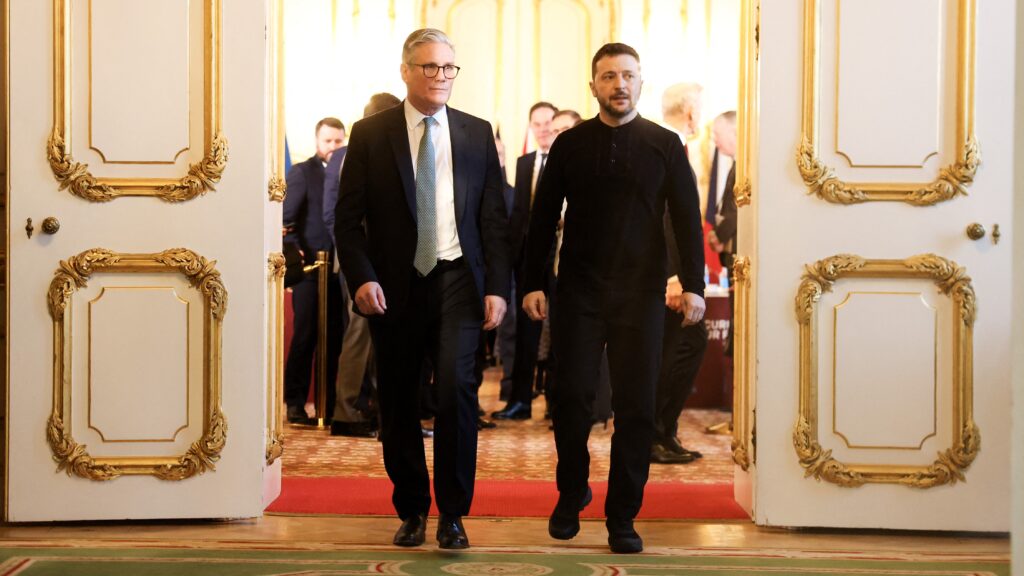
Trump’s Rationale with Ukraine
‘Why then would the U.S. now wish to abandon to uphold and defend the sovereign rights of a free country? Quite simply, because the Ukrainians do not have the manpower anymore to fend off Russian forces, let alone the political clout to regain its lost territories, including Crimea, regardless of European support.’
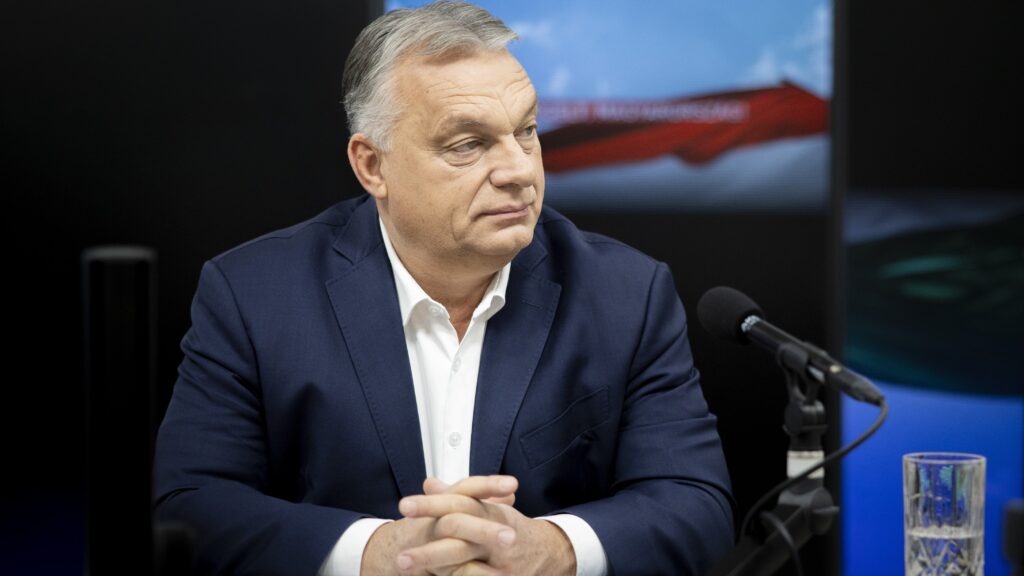
Hungary Opposes New EU Military Fund, Advocates Trump-Style Peace Strategy
Ahead of the upcoming EU summit, Hungarian Prime Minister Viktor Orbán has called on Brussels to abandon military escalation in Ukraine and instead initiate peace negotiations, advocating a diplomatic strategy inspired by US President Donald Trump.

Hungary Launches Inquiry into USAID’s Financial Networks and Alleged Foreign Influence
Hungary has initiated an extensive inquiry into the financial activities of the United States Agency for International Development, aiming to reveal the recipients of its funds within the country and to dismantle what officials describe as a deeply embedded international corruption network.





